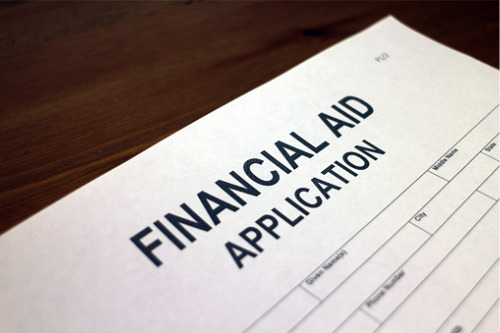Upper-crust applicants consumed between $209.58 million and $1.26 billion in COVID-19 benefits

No Canadian demographic or income bracket was spared by the economic ravages of the COVID-19 pandemic, as more than 128,000 applicants to federal emergency financial assistance programs were six-figure earners, according to data from the Canada Revenue Agency.
Over four million Canadians benefited from the Canada Emergency Response Benefit program, which ended on September 26. Of this figure, at least 114,620 individuals had incomes between $100,000 and $200,000 last year, the CRA data showed. Another 14,070 who applied for CERB made more than $210,000 last year.
Real estate information portal Better Dwelling calculated that if all of these applications were approved, the high-earning applicants would have consumed anywhere from $209.58 million to $1.26 billion in benefits.
“This tells us about a disruption in income, or a delay some Canadians made paying themselves,” Better Dwelling added in its analysis. “This will alter, delay, or eliminate consumer consumption. If the losses are semi-permanent, then this buying power disappears from the economy. If it was just delayed or paused, it explains why we’re seeing income catapult so quickly again, and should expect a consumption boom.”
For perspective, the bulk of beneficiaries – around 3.84 million, or roughly 71.45% of all applicants – made less than $47,630 in 2019.
Earlier this year, Fraser Institute economists Jason Clemens, Milagros Palacios, and Nathaniel Li said that a notable fraction of federal financial aid disbursements went to Canadians who did not actually need this assistance.
“During a recession, income stabilization – where income transfer programs aim to ‘stabilize’ the level of spending in the economy by ‘stabilizing’ the incomes of Canadians – is sound economic policy,” the trio wrote in an analysis for the Financial Post. “But cash benefits should replace the lost income of people in need, not make non-needy people better off than they were before the recession.”
“Not all households with $100,000 or more in income in 2019 will have sustained such earnings through the pandemic, of course. But many will have,” the economists added. “Had the government simply asked CERB applicants for their household’s income and whether or not its primary earner or earners had been adversely affected by the recession, it could have avoided paying these potentially large transfers to Canadians whose need is questionable.”



